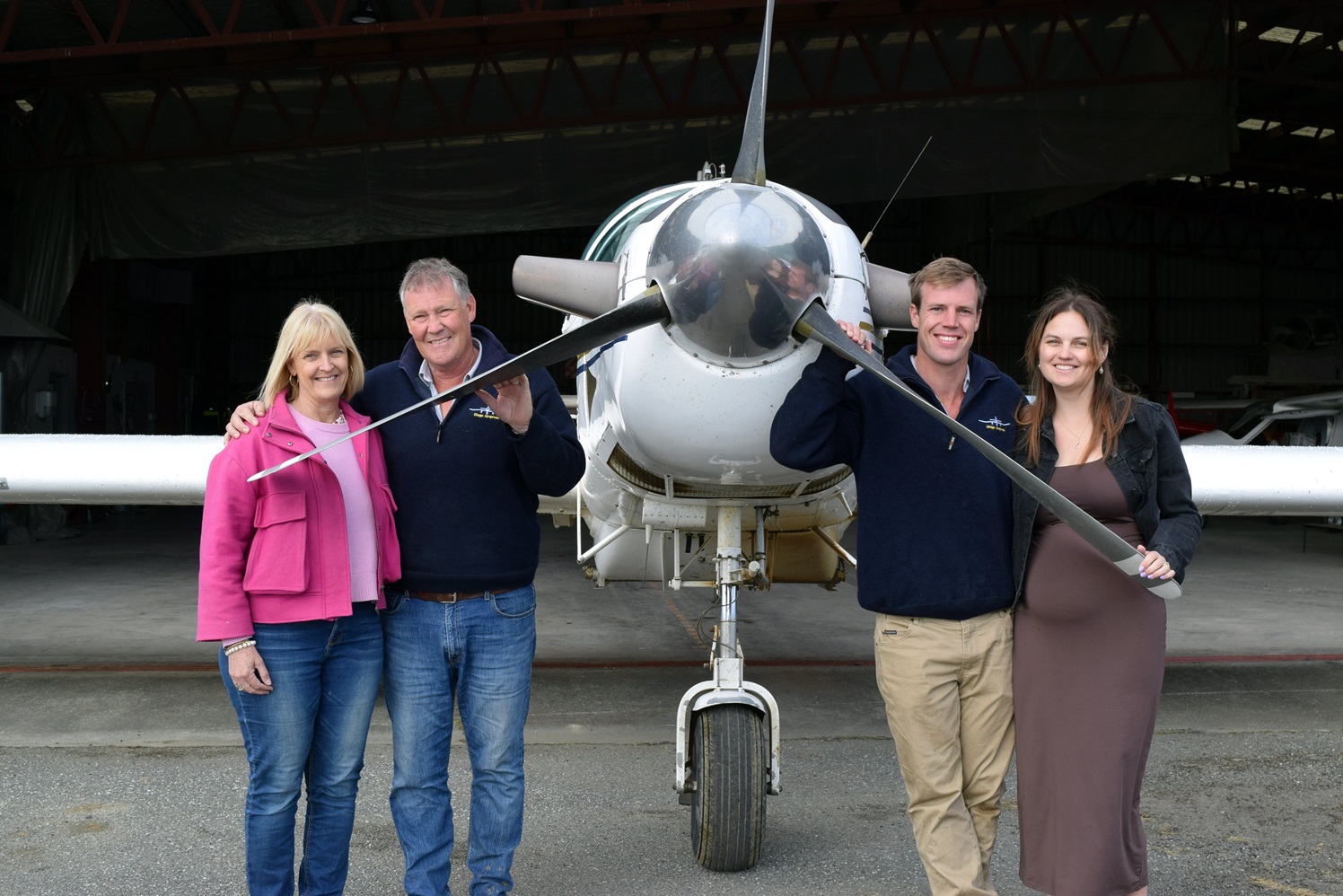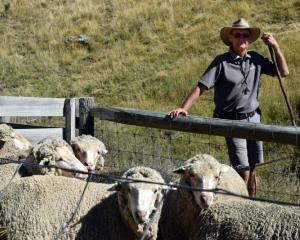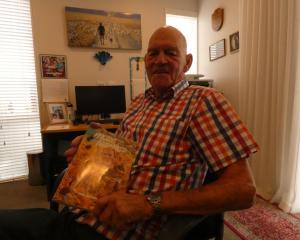
Optimism in the sheep and beef industry is propelling a family topdressing business to expand in the South.
Otago Airspread owners Des and Elaine Neill, of North Taieri, launched their topdressing business in 2000, when their son Ryan was an infant.
The business began Taieri Plain and had since grown to have operations in Balclutha, Roxburgh, Twizel and since last week, Gore.
Des, 54, said he was proud to own a business in Southland.
"Southland is a great farming area with a lot of great things going for it."
The family bought the Southland branch of agricultural aviation business Super Air, a subsidiary of Ballance Agri-Nutrients.
Super Air bought Phoenix Aviation three years ago.
For the new Southland venture, Otago Airspread had employed two staff in Gore, a pilot and loader driver.
Ryan would fly the Cresco plane at Gore Airfield, Des said.
"This is the start of succession for us, as Ryan is buying into the business so he has skin in the game."
The business owned four Cresco planes and a half-share in a PAC 750XL aircraft.
Each plane could carry about 200 tonnes of fertiliser and could service anywhere south of Timaru.
About 90% of their clients were sheep, beef and deer farmers.

As the area the business serviced was so diverse, it usually provided enough work across the year.
That said, the past two years of business had been tough, as sheep farmers were using their service less due to softer prices for lamb and mutton.
Before the downturn, the business had six good years in a row.
The weaker sheep commodity prices had reduced the amount of fertiliser the business was spreading by about 40%.
Afforestation of sheep and beef farms in Lawrence had resulted in the loss of 11 clients.
Despite the hurdles, Des had faith in the sheep farming bouncing back.
"It is showing signs of improving for the last few months — there is a bit more optimism out there."
Economic downturns had come and gone before but this had been the worst since launching the company.
Des was confident the sheep commodity prices were cyclical and they were willing to wait for them to lift.
"It is a long game and we are in it for the long haul."
The family run a 350ha sheep and beef farm at Allans Beach, on the Otago Peninsula.
His grandfather bought the hill country farm in 1934 and his parents were going to sell it in 2011, so Des and Elaine bought it and run it around their business.
"Flying always comes first and farming comes second," Des said.
The "simple" farm operation includes putting a blackface ram over about 1700 Perendale ewes and sending lambs away at weaning.
"All the calves go in April as well."
Ryan, 25, said he completed his first job from the new arm of the topdressing business in Athol on Monday last week.
"It’s a beautiful spot — you couldn’t ask for better."
He and his wife Tash had been living in northern New South Wales for the past 18 months.
Ryan had been flying topdressing planes across the Ditch but decided to return to the South after his parents called about the business opportunity in Gore.
"I want to spend the rest of my life in the industry so it is a perfect opportunity to get a foot in the door and have a go," Ryan said.
Ryan and Tash were now searching for a home in Gore, he said.
Their first child is due next year.
"I’m looking forward to a future in Southland. Tash and I are looking forward to being part of the community and getting involved in it."
The couple were bucking a trend by moving from Australia to New Zealand but they had no regrets about returning home, Ryan said.
"I think there is a big future in New Zealand, you’ve just got to ride the waves of the ups and downs."
He could now laugh about suffering airsickness as a child when flying in a topdressing plane, piloted by his dad.
"I was too short to see out the window and it was like being blind on a rollercoaster," Ryan said.
Des said wet conditions in the South this spring had made it challenging to do business, as airstrips were too soft for trucks and planes carrying fertiliser to travel on.
"There’s a bit to do, it just needs to dry out a little bit."
Consequently, a lot of fertiliser being spread in the South was by companies using helicopters, which do not need an airstrip and could be loaded from a road.
Des said he had never considered diversifying to include helicopters in his fleet and had always remained focused on fixed-wing aircraft.
"We’ve been topdressing for 25 years and bought various topdressing businesses as people retired. It is like amalgamating a farm, it was just topdressing instead."















